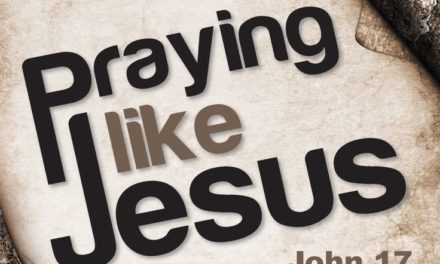PARDON definition verb tense; to forgive, to remit; as an offence or crime. Guilt implies a being bound or subjected to censure, penalty or punishment. To pardon, is to give up this obligation and release the offender. We apply the word to the crime or to the person. We pardon an offence, when we remove it from the offender and consider him as not guilty; we pardon the offender, when we release or absolve him from his liability to suffer punishment. Webster
“Now therefore, I pray thee, pardon my sin, and turn again with me, that I may worship the LORD.”
I Samuel 15:25
One special authority the President of the United States has is the ability to pardon convicted law breakers. On Sunday, December 1st the residing U.S. President, Joseph Biden, pardoned his son Hunter Biden despite categorically stating the contrary. This unsurprising current event ought to be a powerful reminder that each of us have a more desperate need to be granted pardon for our law breaking as is often said, “no person is above the
law.” Unlike a presidential pardon, pardon for our sins is promised for all who repent and believe in the sinless, law keeping, only begotten Son of God who died in our place. What a contrast of Fathers! What a contrast of sons! One absolves their guilty son. One punishes His innocent Son for the sins of the guilty.
As merciful as Hunter’s eleven-year unconditional pardon appears, it only applies in the United States, so is limited geographically and its 2014-2024 duration limits his pardon chronologically unlike our pardon in Christ which is universal in time, space and jurisdiction.
This Advent season may your imagination be renewed with wonder that in eternity past the Father, Son and Spirit planned a Kingly pardon. This Kingly pardon is not limited by time, place or jurisdiction but is granted to a chosen people guilty of high treason towards the most high God, justly extended because the Son of God by way of Bethlehem was punished in our stead for all our law breaking.





